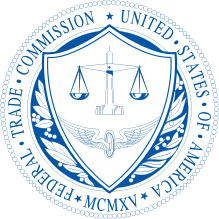Will the CCPA and Other State Privacy Laws Face Constitutional Attack?
Image Credit: Pettycon from Pixabay
This article is Part 2 of 3 in a series exploring proposed federal privacy laws and constitutional concerns of privacy laws in the United States. Part 3 will discuss the constitutional challenges facing a proposed federal privacy law.
In the first part of this series, we examined several federal privacy bills proposed this year, as Congress eagerly tries to pass a single harmonizing federal law. The issue of preemption continues to divide Republican and Democrat lawmakers, however, with the former in favor of an express provision allowing preemption stricter state privacy laws such as the CCPA and the latter largely against such a provision.
Regardless of whether a federal law passes, with an express preemption provision, state privacy laws are still at risk of constitutional attacks. There are two primary ways that a state privacy law may be challenged: (1) invalidation under the Dormant Commerce Clause, and (2) invalidation under First Amendment grounds. State legislators contemplating the passage of their own privacy laws will need to consider these constitutional issues in the drafting phase, or risk facing opposition on constitutional grounds.





